White hands on black art ‘cultural theft’
NT Arts Minister Chansey Paech confirms a panel looking into the APY Arts Centre Collective found substantial wrongdoing in all areas it was tasked to probe.
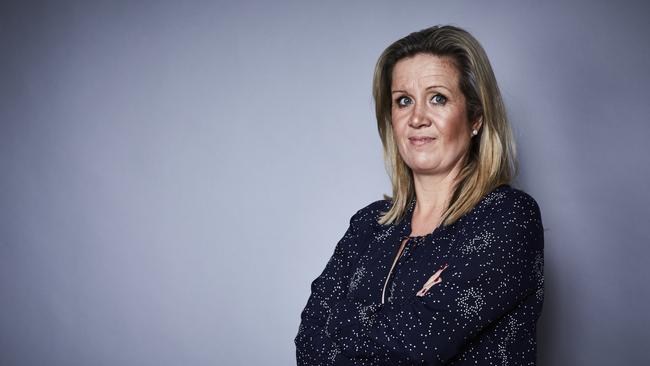
Northern Territory Arts Minister Chansey Paech says white interference in Indigenous art is “cultural theft” and confirmed a panel looking into the controversial APY Arts Centre Collective found substantial wrongdoing in all areas it was tasked to investigate, including fraud, bullying of artists and arts centre employees, and white staff painting on Indigenous canvases to make them more valuable.
He again called on the APYACC’s manager, Skye O’Meara, to resign, one of many in a long list of political and industry figures who say her position is untenable.
Mr Paech pointed out that if the board of the APYACC did not dismiss Ms O’Meara, the matter could be taken out of its hands.
The Office of the Registrar of Indigenous Corporations, now investigating the APYACC, possesses the power to disband the board and appoint an administrator, “if that is what is required”.
One prominent person the panel interviewed told The Australian ORIC could “easily” dismiss the board and appoint an administrator. “Someone (at ORIC) just needs to find some testicles.”
Last week a South Australian government-led panel, backed by the federal and NT governments, concluded a six-month investigation into the APYACC and allegations first raised in this newspaper about white staffers painting substantial sections of Indigenous art work, bullying and fraud.
“The (panel) found that there was sufficient evidence to refer matters to … ORIC and the ACCC,” Mr Paech said. The panel found alleged wrongdoing “in relation to all of the areas of its terms of reference”.
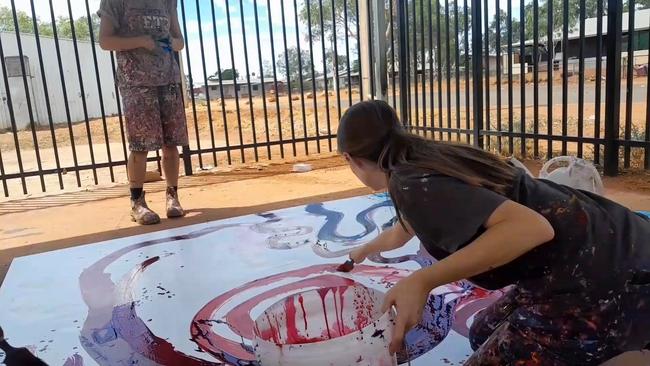
Mr Paech, who has relatives who work as artists in the central deserts, said for many years artists, art workers and others had been attempting to raise the alarm about alleged malpractice at the APYACC, but were continually frustrated that nothing was done.
“I think this sends a message that they are now being heard and action is being taken,” he said.
“This is something that has been spoken about in the bush for a long time now … we are talking about Tjukurpa, which is the inherited rights and Aboriginal cultural rights, and that needs to be respected at all times. And any interference is cultural theft.”
But he does not want ORIC or the ACCC to do a rushed job.
“I don’t care how long this takes,” he said. “It needs to be done at (the right) pace, and if it’s slow, then it needs to be slow. I don’t want this rushed through because people are saying that it is hurting the arts community. What is hurting the arts community is that this was allowed to grow and to fester for so long.”
Mr Paech said while the ACCC was a large organisation and well resourced, this was not the case with ORIC and it may need additional federal funding to allow it to carry out a proper and lengthy investigation. He said the industry needed to take this opportunity to look at structural reform to ensure this doesn’t happen again anywhere.
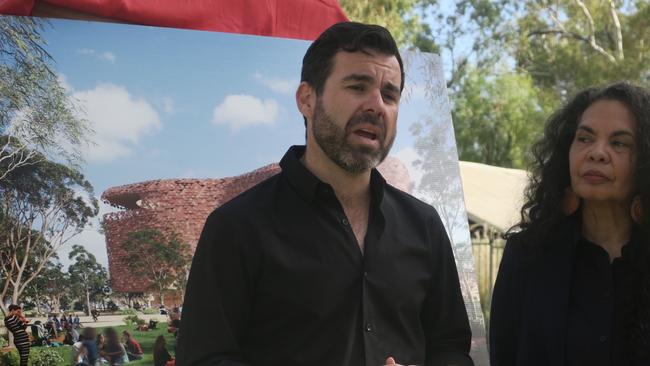
In the case of the APYACC, all its board members are artists who rely on management for their income.
“I think that all Aboriginal organisations should consider having specialist non-member directors on their board,” he said
“When we talk about the art space, it should be someone with an artistic background and someone with an accounting or financial background, and also someone with a governance background … we need to look at this as an opportunity to bring about some significant reforms to our community arts centres.”
Mr Paech’s South Australian counterpart, Andrea Michaels, said she wanted the APY matter resolved quickly and confirmed she raised the idea of a nationally consistent policy to manage Indigenous art centres with federal Arts Minister Tony Burke.
She said a new national regime would be discussed at the next national arts ministers meeting.
“We haven’t heard any allegations of this nature outside of the APY Art Centre Collective; however, we want to ensure confidence in the market,” Ms Michaels told The Australian.
“We all want this to be resolved as quickly as possible so the sector can move forward in the best interests of the artists. Our First Nations artists are remarkable and we will continue to support them to share their culture across Australia and the world.”
Ms O’Meara did not respond to The Australian’s request for comment, but told the ABC the ORIC and ACCC referrals extended the suffering of the centre’s staff and artists. “It has been taxing and traumatic justifying your integrity, justifying your artistic practice,” she said.
Sally Scales, a National Gallery of Australia board member who has worked with APY since 2013 in cultural liaison, elder support and spokesperson roles, told the ABC she was disappointed the review did not resolve the allegations against the collective.
Asked if he had confidence in Ms Scales and her role with the NGA – which postponed its Ngura Pulka exhibit – Mr Burke told The Australian he “has been impressed by the professionalism of all the people on the cultural boards, whether they were appointed by me or by the previous government”.

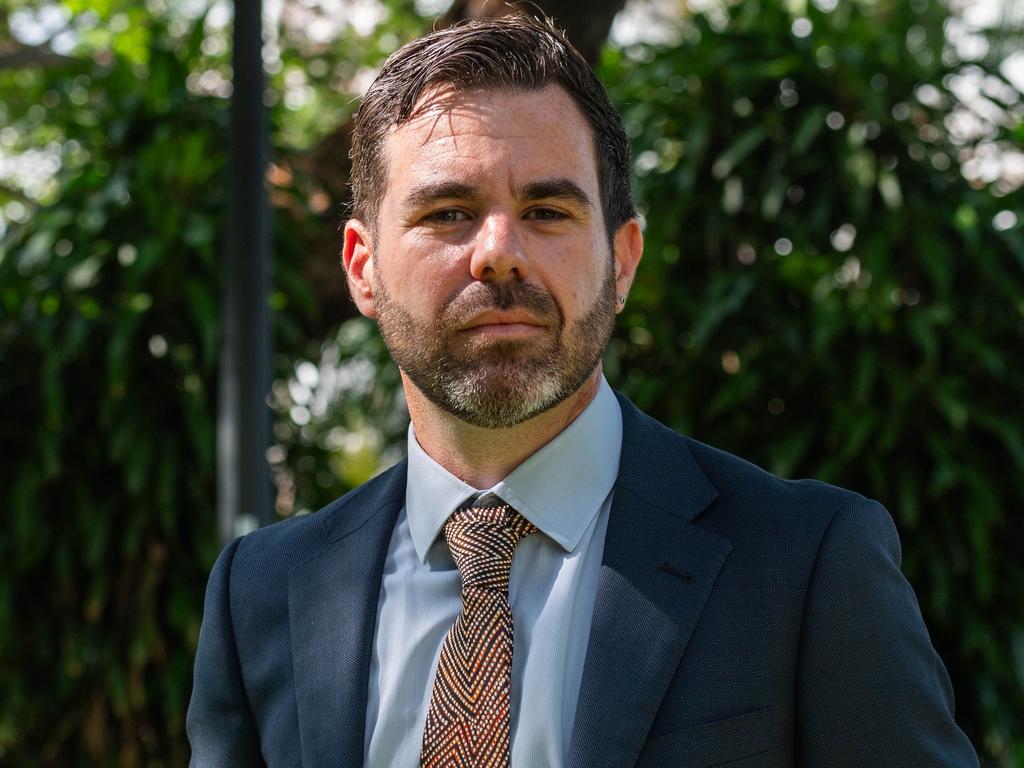
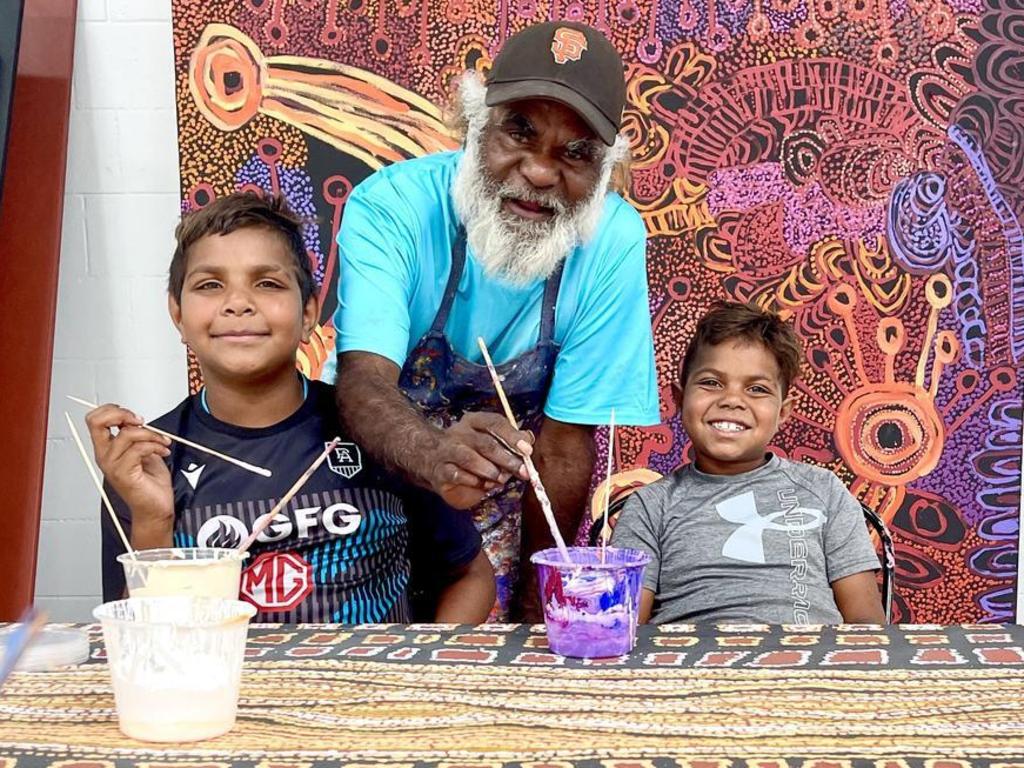
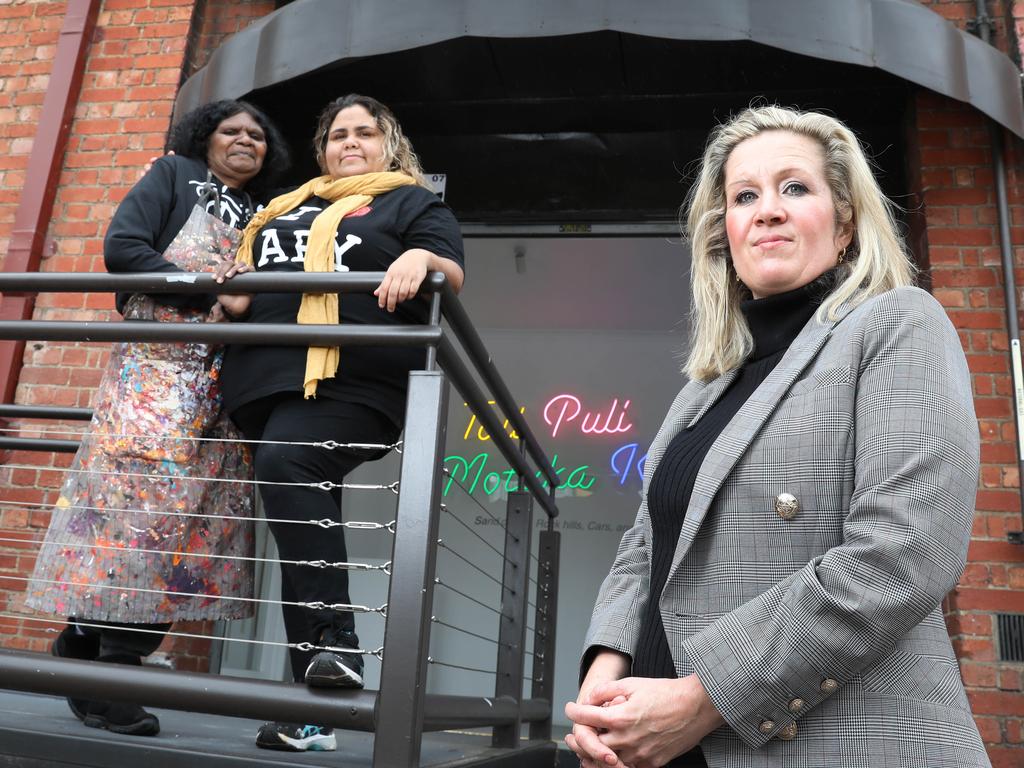
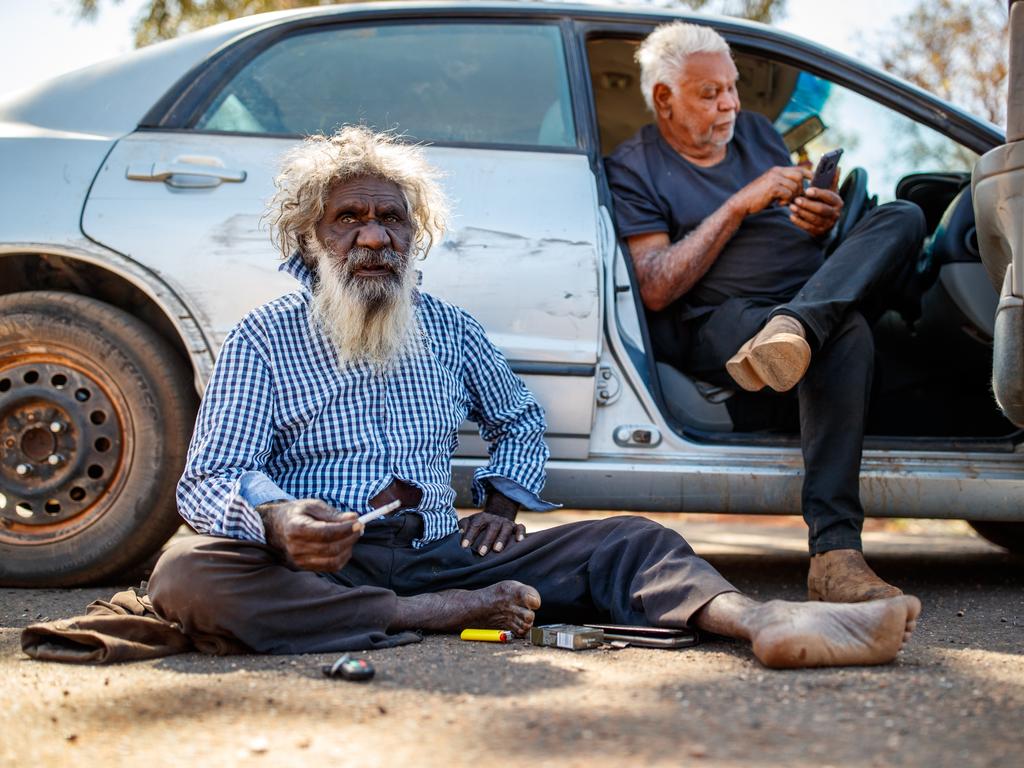


To join the conversation, please log in. Don't have an account? Register
Join the conversation, you are commenting as Logout